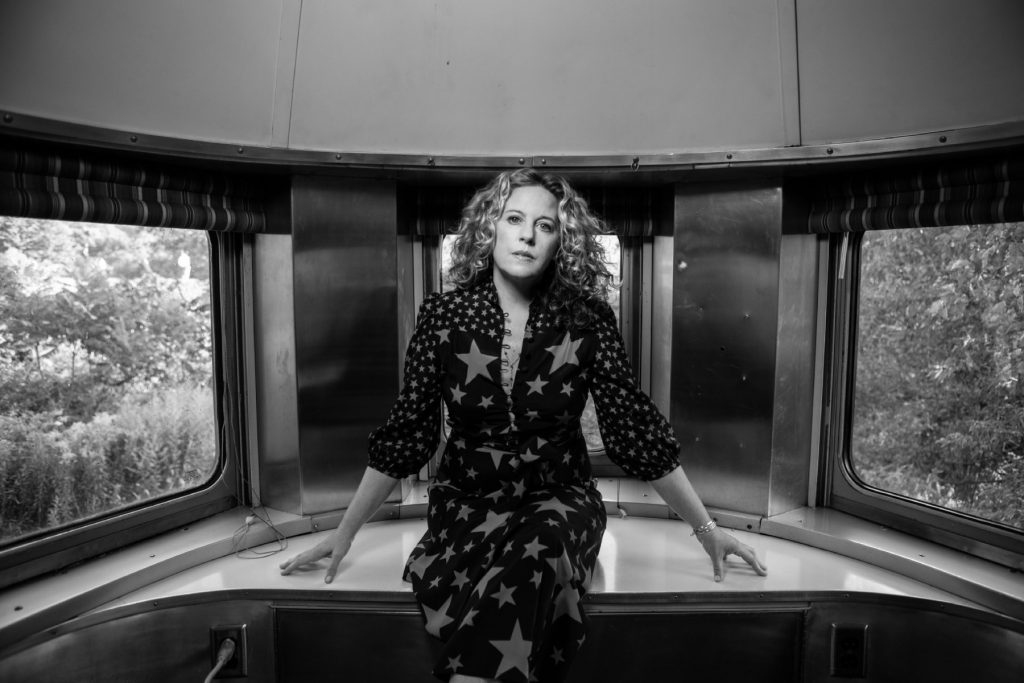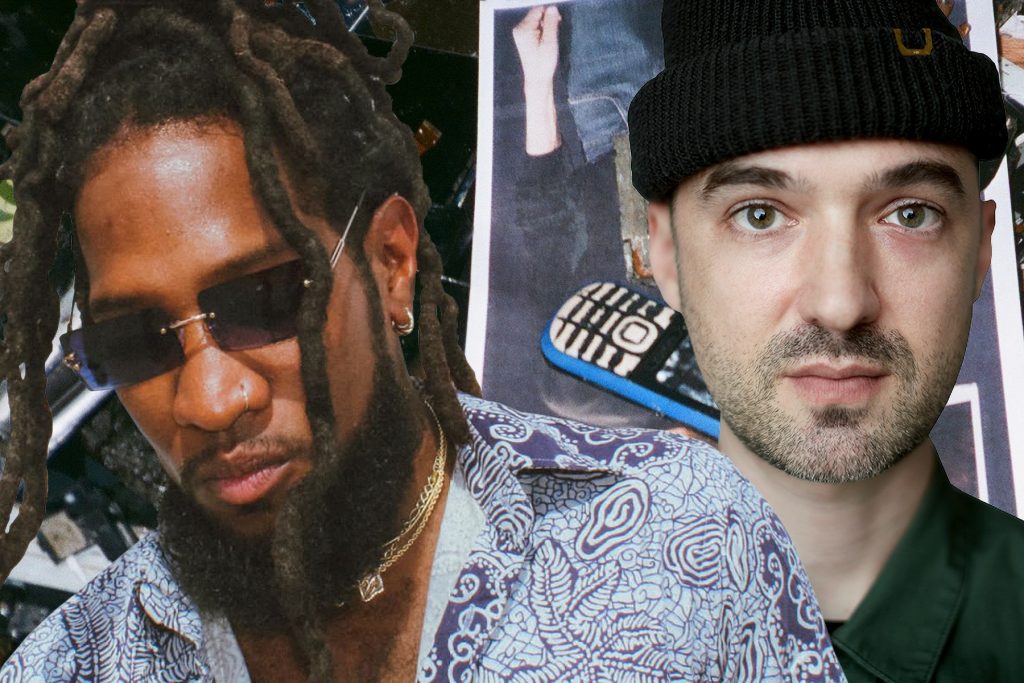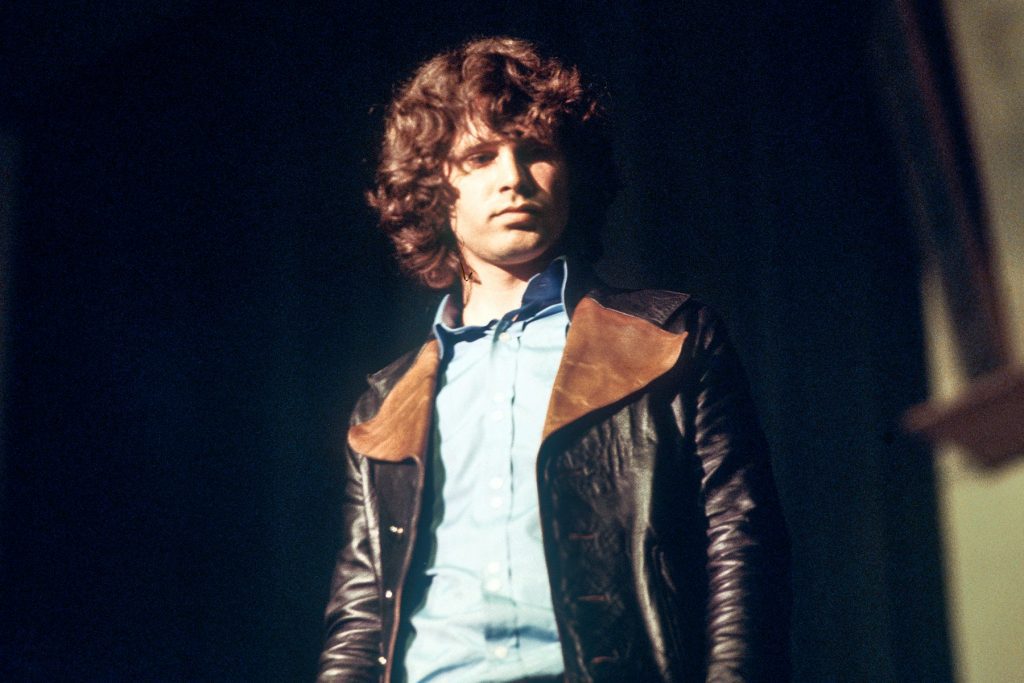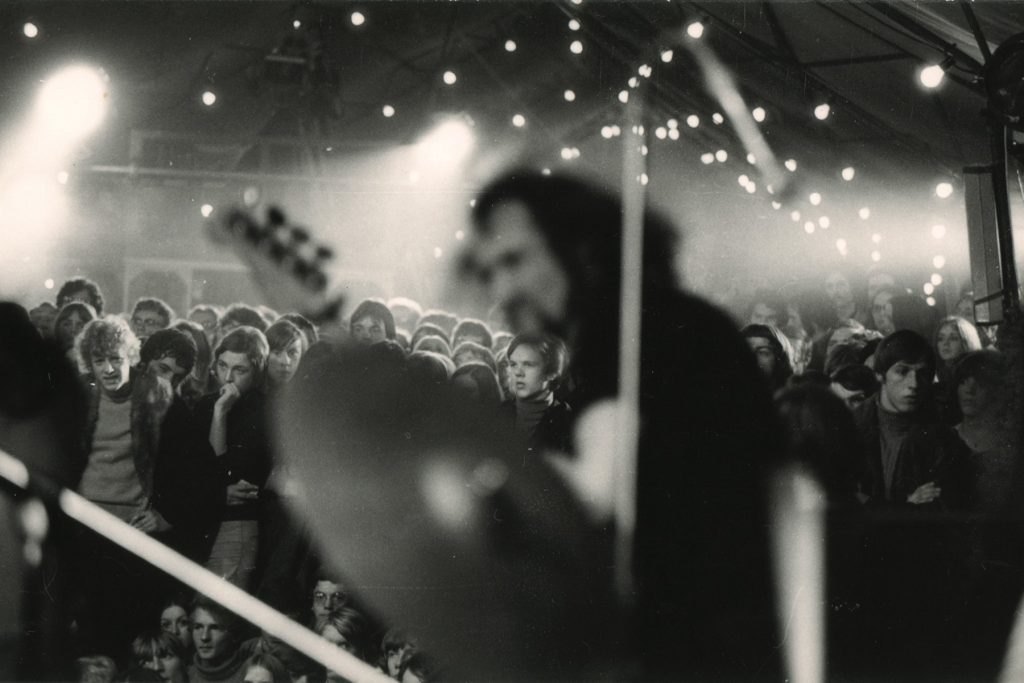
Amy Helm on New Album, Recording at Levon’s Barn, and What May Be in Her Father’s Archives
When Amy Helm set out to record What the Flood Leaves Behind, her third solo album released in June, she found herself being called home. The singer, songwriter, and multi-instrumentalist cut her last LP, 2018’s brooding This Too Shall Light, in Los Angeles, and it was time to reconnect with her musical and familial roots. Helm rallied producer Josh Kaufman and a host of ace players to the other musical epicenter of Woodstock, New York: the rustic barn where her father, Levon Helm, hosted his legendary Midnight Rambles from 2004 until his death in 2012.
Helm has described the barn and the on-site Levon Helm Studios as a tuning fork for musicians, a magical conduit into the heart of creativity. Listening to What the Flood Leaves Behind, it’s easy to see what she means. It’s a living, breathing LP, shaped by rich acoustic chords, pulsing horns, immersive organ, and Helm’s elastic voice. Hiss Golden Messenger’s MC Taylor, Mary Gauthier, and Erin Rae all contribute to the songwriting, and Kaufman — the Bonny Light Horseman member who’s played on Taylor Swift’s recent folksy adventures — dials up the warm production. The album’s sense of optimism, even at its most tenuous, is unmistakable.
blogherads.adq.push(function () {
blogherads
.defineSlot( ‘medrec’, ‘gpt-dsk-tab-country-article-inbody1-uid0’ )
.setTargeting( ‘pos’, [“mid-article”,”mid”,”in-article1″,”btf”] )
.setSubAdUnitPath(“music//country//article//inbody1”)
.addSize([[300,250],[620,350],[2,2],[3,3],[2,4],[4,2]])
;
});
“When there’s so much joy going on, it’s creates an interesting space to get into the deeper, more vulnerable stuff,” says Helm, who probes her family history on the track “Cotton and the Cane.” We talked to Helm about the origin of the album title, her personal songwriting, and what might be coming from her father’s archives.
The title comes from a line you sing in the opening track, “Verse 23.” What is it about that lyric that shaped this album?
That line is defined by the line that follows it: “what the flood leaves behind/is what we’ve got to make.” I love the idea of being stripped to the most bare parts of ourselves: spiritually, emotionally, even financially. I like the idea of redefining ourselves over and over again and rising up from that, feeling stripped of what we knew.
There’s something liberating about starting fresh or, more specifically, being forced to start fresh?
Yes. Someone was talking to me in detail about St. Francis taking the vow of poverty, and they were kind of going into a deep dive on what the vow of poverty actually meant. I thought it was so interesting to think of a vow of poverty being what we focus on, what we’re given and what we can work with and can give to others. That’s kind of what it distills down to. I loved the idea of that.
You’ve talked about the idea of a reckoning between “the good, the bad, and everything in between” when discussing this album. Might the record be a commentary on what’s happening socially in the U.S. too?
Gosh, I have never thought about it like that. I think that we’re in a really passionate time of change, which is exciting. People are speaking, screaming, singing, yelling…asking to be seen and be respected and be treated with kindness and respect. That’s a really good thing. I also think that the idea of shaming as the great teacher has taken on quite a role in modern society. But the greatest change happens when we just forgive people and forgive our own ignorance. Once we put ourselves in a position where we can’t forgive someone else’s mistake, then it’s harder to look at our own.
The song “Cotton and the Cane” is starkly autobiographical. How do you prepare yourself to write so personally?
I have to give that credit to Mary Gauthier because I wrote the song with her and she is such a profound wordsmith. Mary and I intersect deeply on recovery and survival, growing up with addiction and stuff. So it was really getting real with her and talking about a lot of stuff that I hadn’t talked about outside of a small circle of close friends. Having that constant reckoning we were talking about prepares us too, whether we want to or not. We are given what we’re given and we walk through it.
What did recording at your father’s barn bring to the sessions?
It really brought more than I anticipated. It became very clear very early on that we were being held by something that was bigger than us. It was a bit like a spiritual frequency. There’s mojo, but there’s also acoustic design. He and Garth Hudson acoustically designed the room to have a very specific relationship of the bluestone and the wood. It was built with a really pure intention. Like, it was built by a drummer, you know? It wasn’t built to be anything but a great place by a musician for musicians and for music fans.
blogherads.adq.push(function () {
blogherads
.defineSlot( ‘medrec’, ‘gpt-dsk-tab-country-article-inbody2-uid1’ )
.setTargeting( ‘pos’, [“mid-article”,”mid”,”in-article2″,”btf”] )
.setSubAdUnitPath(“music//country//article//inbody2”)
.addSize([[300,250],[300,251],[620,350],[2,4],[4,2]])
.setLazyLoadMultiplier(2)
;
});
You oversee Levon’s archives. Is there anything previously unheard that might one day be released?
Yeah, there is. There’s a lot of cool stuff I have. We have every Ramble that was ever recorded. We also have some really cool song sketches that my dad did when he was trying to write some stuff. I have outtakes from Dirt Farmer and all those others. I have some great drum tracks of his and someday soon I will definitely put them together in some cool form and share them with his fans.
With so many artists involved, would you be able to release the Rambles?
Yeah, you just have to get permission, but I think that in most cases it’s probably doable. Wouldn’t that be a good box set? The Ramble Songbook is such a good songbook, because it’s Band stuff, but it’s also everything that branched off from The Band. It’s the Hawks. It’s Chuck Berry. It’s the blues.




